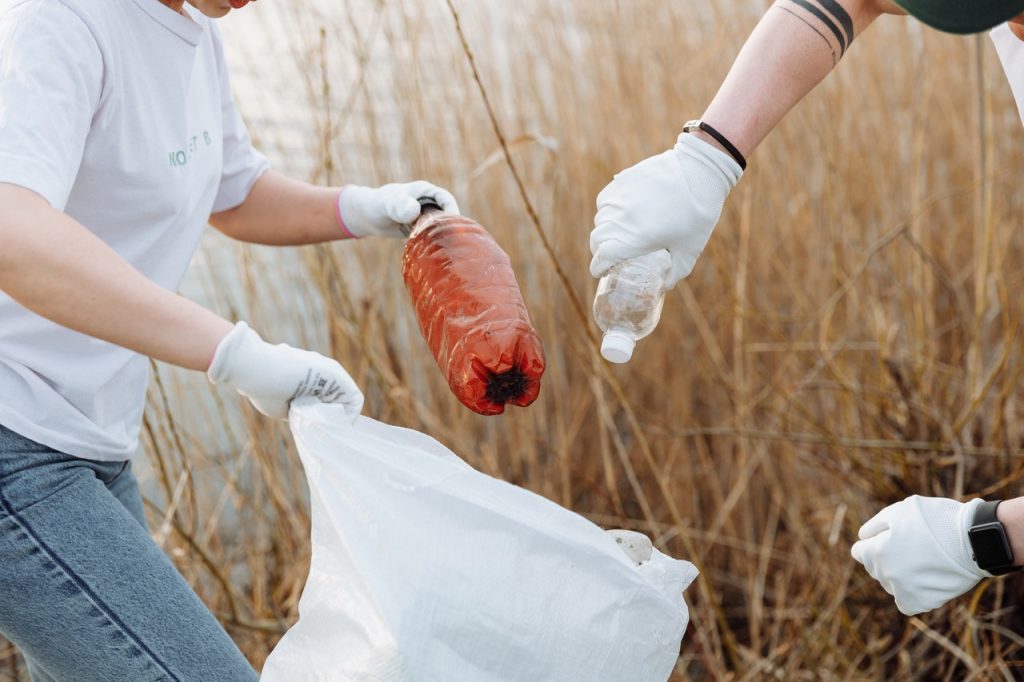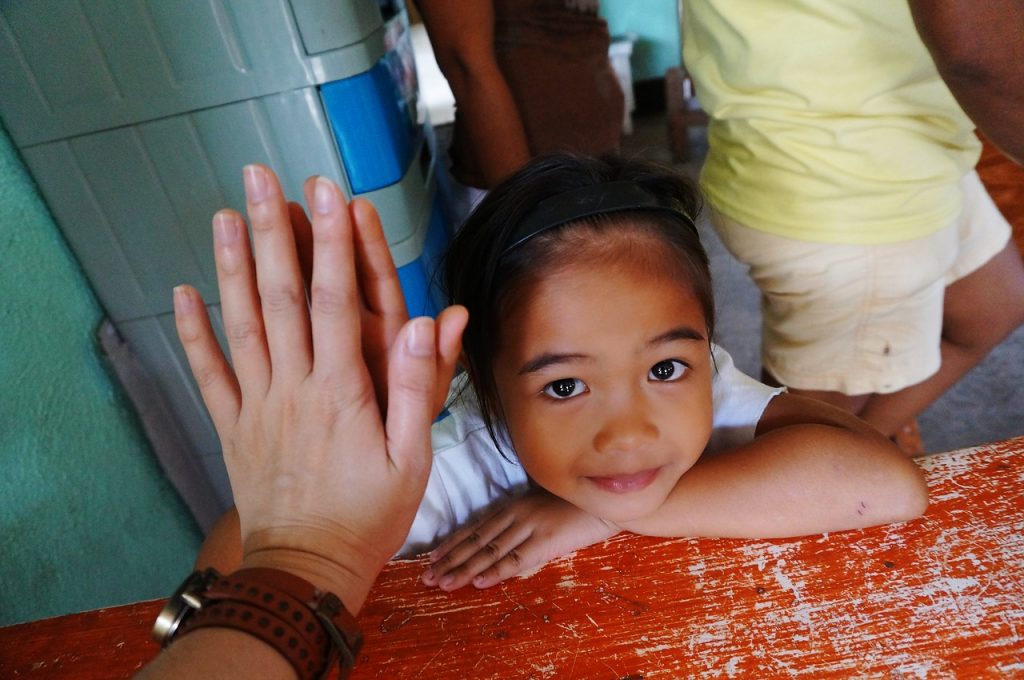In my first article, I summed up the various forms of volunteering and it’s obvious that there are many ways to do it. Although in general it’s great to be motivated and to do voluntary work, I was asking myself if it can also become problematic, especially when it comes to volunteering trips abroad and that’s what I will elaborate on in this article.
In the past years, it has become more and more popular, especially for young people, to go abroad after high school or during their studies. There are almost endless opportunities, some decide to go backpacking, others to do work and travel or volunteering abroad. I personally had to decide for what I wanted to do after high school just last year and I thought that in order to have clearer ideas for my possible studies it would be nice to do something practical and useful. I liked the idea of volunteering abroad because I thought I cannot only be part of a great project, but I also have the opportunity to discover a new country, its culture and to learn a lot for myself. I am convinced that a lot of volunteers have similar intentions and ideas. So far, so good, of course there is nothing wrong with wanting to help and engage socially. Nonetheless, as pure as the intentions may be, the actual action can result to be more problematic and not as beneficial as it’s supposed to be.

Voluntourism
The term voluntourism describes this combination of visiting foreign countries while volunteering there for a good cause. I think it sounds amazing to combine your wish of traveling with doing some good work, and it makes one feel more useful. But here we are getting already to the core of it and the question we must ask ourselves: Who is really profiting from the volunteering? Firstly, it’s the volunteer himself. You gain personal and maybe professional experience, it can boost your CV and you can learn a lot about yourself and grow from it. This is undeniable and not a problem per se. I also believe it’s great and important to get to know new cultures and it fosters an intercultural understanding. What makes it problematic is the business that is created behind and the racist stereotypes it can reinforce.
Since it has become so popular and a market has been created, also less well-intentioned people started to hop on the train of those volunteering programs for mainly white, privileged people. An article I read on huffpost.com explains how for example in Haiti, more orphanages are built because it’s a profitable sector and then “parents were encouraged or paid to give up their children with the false promise of education and health care.” I was not aware of that and I find it to be shocking, considering how damaging that can be for a child who could have grown up with its own family. Instead, the kids are institutionalized and taken away from their families.
Furthermore, one problem that needs to be addressed too, is when these volunteering trips are for a short amount of time, such as only a couple of weeks. Speaking of the same example, it can be very damaging to the children in an orphanage, when they’re confronted with constant change regarding the volunteers. “(…) Research proves that attachment is crucial to brain development and the development of cognitive and social skills.
A constant stream of volunteers to orphanages, showing affection to children and then leaving, disrupts this attachment process, and can leave children with many, many problems in their emotional and psychological development.
Another key thing to remember is the fact, that in some cases volunteers are actually taking away paid work opportunities of local people which should not be the aim.
More generally we can say that, when it comes to those short-time volunteering projects, it can be more damaging than helpful and not sustainable at all. It can stop the own, sustainable development of the local communities. In this moment the volunteer profits from the experience but it’s not erasing the root of the issue: global poverty.

Little to no expertise
In a Ted Talk by Ernesto Sirolli, the author describes how as a young man he worked for seven years in different African countries with the purpose of helping the people there. At the beginning of the video, he says: “Every single project, that we set up in Africa, failed.” For example, one project was to teach the inhabitants of a Zambian valley how to grow food. For this reason, they brought Italian tomato and zucchini plants and were quite astonished, why the local community wouldn’t have any agriculture and furthermore, no interest in establishing one. Instead of communicating with them and asking for reasons, they just grew these plants while thinking, as Sirolli says, “thank god we’re here”. Because of course, the intentions were good, and his understanding was “we’re doing good work here in Africa.” Let’s say, the hippos that later ran over the field and ate all those beautiful tomatoes once they were ready, would certainly agree with that. The local community didn’t gain anything though, and as a matter of fact, they knew perfectly well why agriculture wouldn’t work there. In my opinion, this example shows pretty well how the supposed help turns out to not help at all, simply because it was not a real collaboration between the local community and people from abroad. Instead, that NGO just had their own ideas without a real expertise of the country and the land where they were working. Luckily in this case, no real damage was made but we can state that a lot of time, resources and money of the NGO were simply waisted. Sirolli’s example is just one of many I could make to underline the problematics of people with no real expertise coming to a place that they don’t know.
This doesn’t mean that all kinds of projects are useless, but we should focus on the importance of a real communication and collaboration with the local community.
Effectively, the locals usually know what works and what doesn’t. It’s the arrogance of the western countries, countries of the Global North, that is the root of the problem: the assumption that white people know what’s best for Black, Indigenous and People of Color (BIPOC). This just reinforces racist stereotypes and creates the narrative that BIPOC need help from the “civilized, educated” western countries and therefore supports white supremacy.
The White Savior Complex
The Nigerian-American writer Teju Cole coined the term of “the white savior complex” which describes this exact phenomenon: “White saviorism [is] the belief that people with white privilege, who see themselves as superior in capability and intelligence, have an obligation to ‘save’ BIPOC from their supposed inferiority and helplessness. […] It may look like an attempt to make things right, but it only serves to empower people with white privilege by making them feel better about themselves. “
It often comes with self-expression on social media, such as posting pictures of the “white savior” in middle of Black children (whose privacy is also not respected in that moment) and those marginalized kids are used as a form of ego-push for the “savior”, since it’s them to do beneficial work for these “poor kids.”
Does that mean we should stop all kinds of volunteering?
No, of course not. I just believe it is important to really check: How can my volunteering be sustainable, how can I really help people and not support the existing systemic problems?
That’s what next month’s article will be all about: To figure out ways of sustainable, helpful volunteering abroad. So, stay tuned and see you next month!
Katrina

